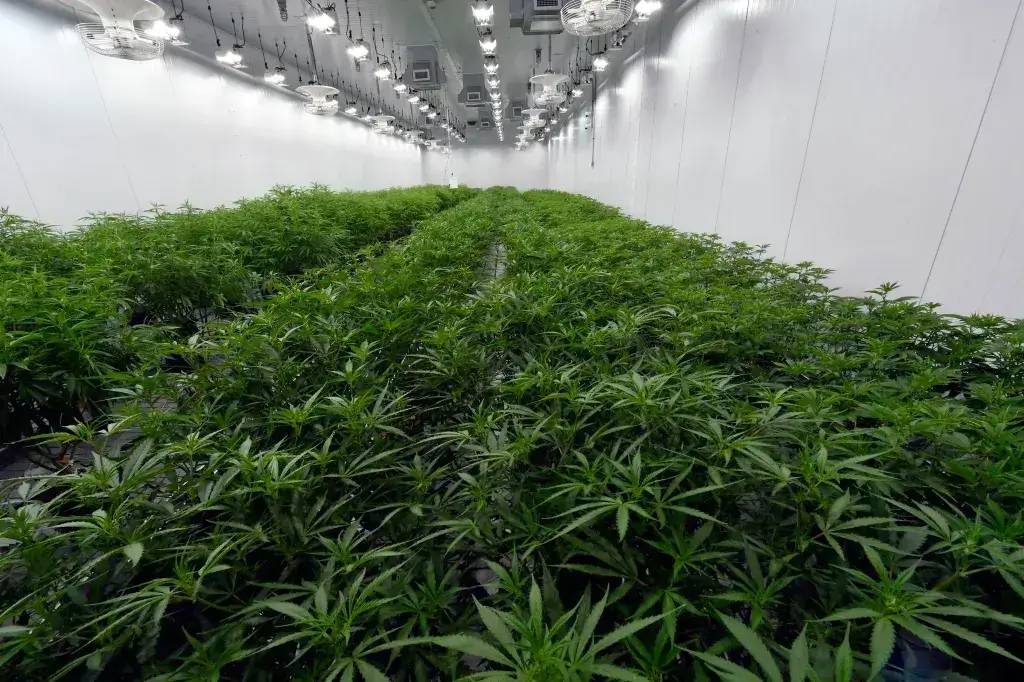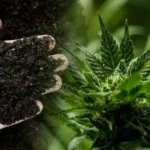New York’s Microbusiness Cannabis License, established under the Marijuana Regulation and Taxation Act (MRTA), provides small-scale operators a unique opportunity to enter the New York’s cannabis industry. Designed to support equity and innovation, this license allows for a vertically integrated model, enabling licensees to cultivate, process, distribute and sell cannabis products on a limited scale. Below is a comprehensive breakdown of the license requirements, benefits, operational guidelines and application process based on the latest updates and resources.
Key Features of the Microbusiness License
- Flexibility in Operations:
Microbusiness license holders must engage in at least three of the following four functions:- Cultivation: Up to 3,500 ft² indoors, 5,000 ft² in mixed light, or 10,000 ft² outdoors. Mixed light and outdoor combinations allow 5,000 ft² outdoors and 2,500 ft² mixed light.
- Processing: Manufacture cannabis products on-site. Limits apply unless all cannabis biomass is cultivated by the microbusiness.
- Distribution: Sell products directly to consumers, licensed retailers, or consumption sites.
- Retail and Delivery: Microbusinesses can deliver their own products to customers and sell at a licensed retail location.
- Retail premises must be near the cultivation site, with the specific distance determined by whether the operation is inside or outside New York City.
- Scale Restrictions:
To preserve the microbusiness focus, operations are capped at smaller scales compared to other license types, ensuring accessibility for startups and reducing competition from larger corporations. - Equity and Inclusivity:
The license prioritizes applicants from communities disproportionately affected by cannabis prohibition, as well as minority groups, women-owned businesses, distressed farmers, and disabled veterans.
Eligibility Criteria
Applicants must meet stringent requirements to qualify:
- Residency and Ownership:
- Primary offices must be in New York.
- A majority of ownership (51% or more) must be held by New York residents.
- Social Equity Status:
- Preference is given to individuals impacted by past cannabis convictions.
- Applicants from low-income areas or members of disadvantaged communities are also prioritized.
- Business and Operational Viability:
- Submission of a detailed business plan outlining goals, operations, and projected community impact.
- Financial documentation proving the ability to sustain the business.
- Background Checks:
Applicants must pass comprehensive checks, including fingerprinting, to ensure compliance with state regulations.
Application and Licensing Fees
The application process is straightforward but requires detailed documentation:
- Application Fee: $1,000
- License Fee: $4,500
- Provisional Licenses: Applicants without property control may submit for provisional approval, gaining 12 months to finalize their location.
- Full Licenses: Businesses with property control can directly submit a completed application.
- Applicants must establish their business entity before applying and ensure their chosen property meets location compliance standards.
Operational Requirements
- Environmental and Zoning Compliance:
- Facilities must adhere to local zoning laws, such as maintaining specific distances from schools or religious institutions.
- Licensees must minimize environmental impact by reducing water and energy usage and following state sustainability guidelines.
- Labor Peace Agreements:
- All licensees are required to establish agreements with labor unions, demonstrating a commitment to fair employment practices.
- Product Control:
- Microbusinesses can only sell products they cultivate or process, preserving the small-scale, integrated nature of the license.
Support for Social Equity Applicants
To promote equity in the cannabis market, New York provides:
- Financial Assistance: Grants and loans to support startup costs for social equity applicants.
- Business Training: Access to programs focused on compliance, financial literacy, and operational best practices.
- Priority Licensing: Expedited application reviews and potential exclusivity in underserved areas.
Social equity licenses are protected from transfer for at least three years, to help ensure that the original intent of the program is upheld.
Encouraging Craft Cannabis Brands
New York’s microbusiness license encourages innovation by allowing operators to create unique, craft cannabis brands. While the license limits production size, it fosters diverse contributions to the state’s cannabis supply chain, prioritizing quality and local economic development.
Challenges and Opportunities
- Market Challenges:
- Licensing delays and competition from unlicensed operators pose hurdles to success.
- Regulatory oversight is stringent, requiring meticulous compliance.
- Opportunities:
- The restricted scale allows niche players to focus on quality and specialized products.
- Vertical integration creates opportunities for branding and direct-to-consumer sales.
Application Process
The application process involves several steps:
- Preparation:
- Develop a detailed business plan addressing operations, sustainability, and community impact.
- Obtain proof of residency and ownership structure.
- Submission:
- File the application through the New York Office of Cannabis Management (OCM).
- Include all required documentation and fees.
- Review and Approval:
- Applications are reviewed for completeness and compliance.
- Approved applicants receive a license valid for two years, subject to renewal.
Renewal and Oversight
Licenses must be renewed biennially. Renewal applications require:
- Updated financial and operational reports.
- Evidence of continued compliance with state regulations, including labor and environmental agreements.
- Documentation of community contributions and adherence to equity goals.
Conclusion
While New York Cannabis is Off to a Rough Start, the Microbusiness License offers a transformative pathway for small-scale operators to participate in the state’s burgeoning cannabis industry. By prioritizing equity and sustainability, the program aims to create a diverse and inclusive market. Prospective applicants should carefully prepare their applications, leverage available resources and stay informed about regulatory updates to maximize their chances of success.
For more details, visit the New York Cannabis Licensing website.





